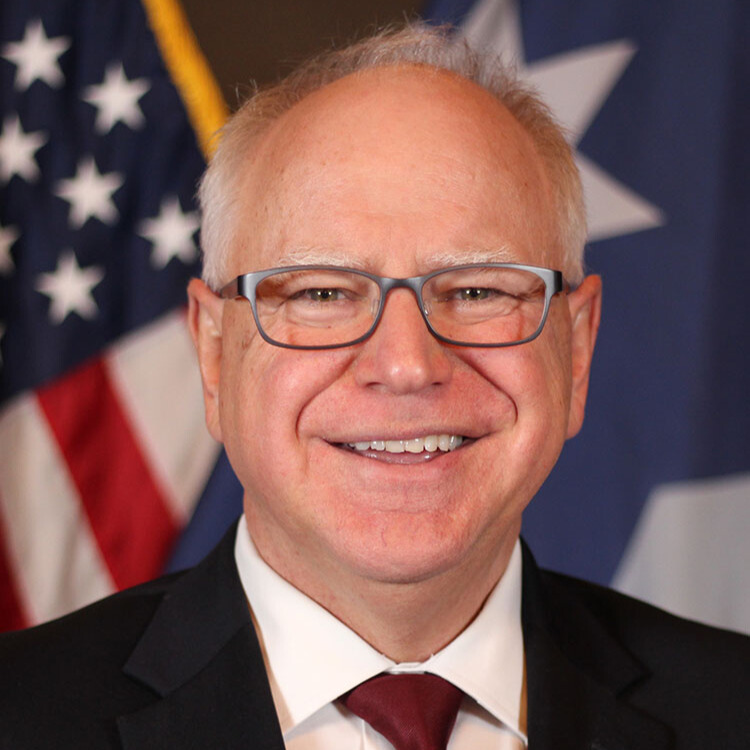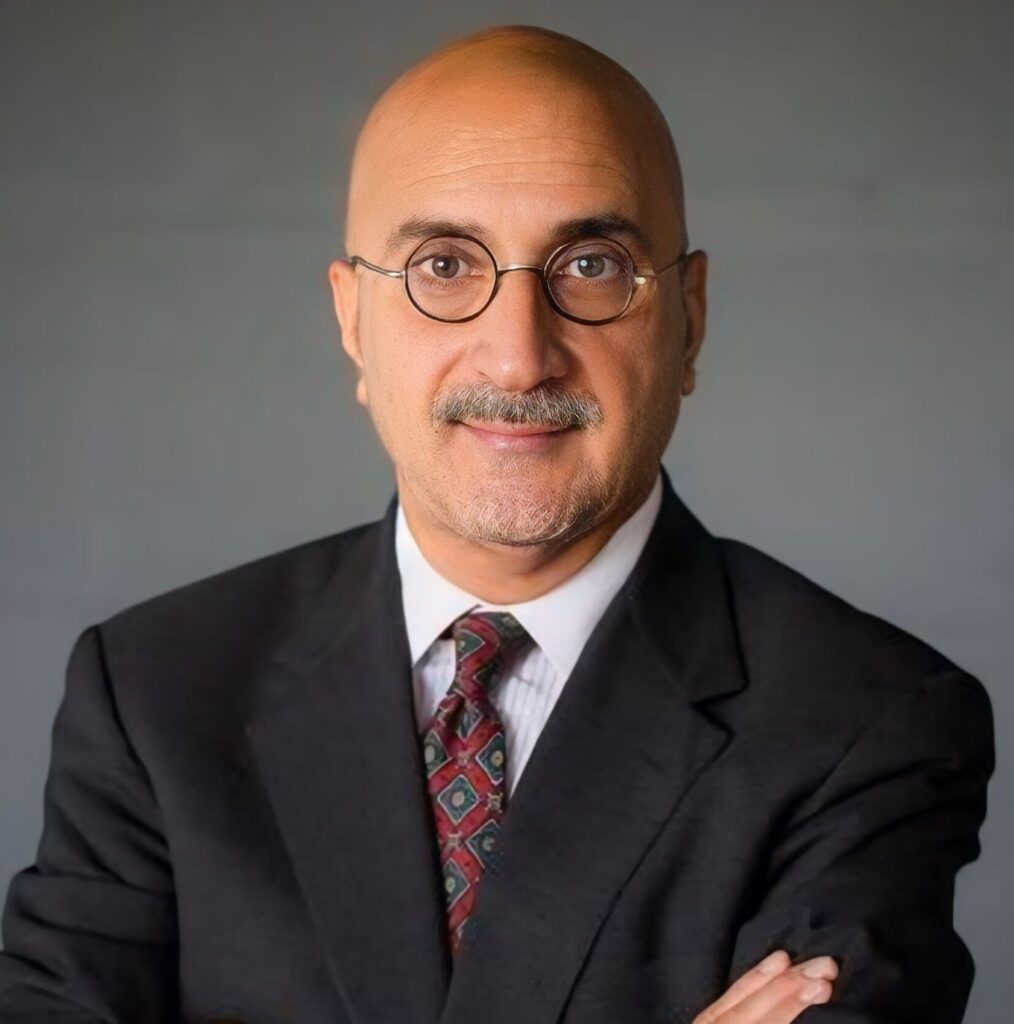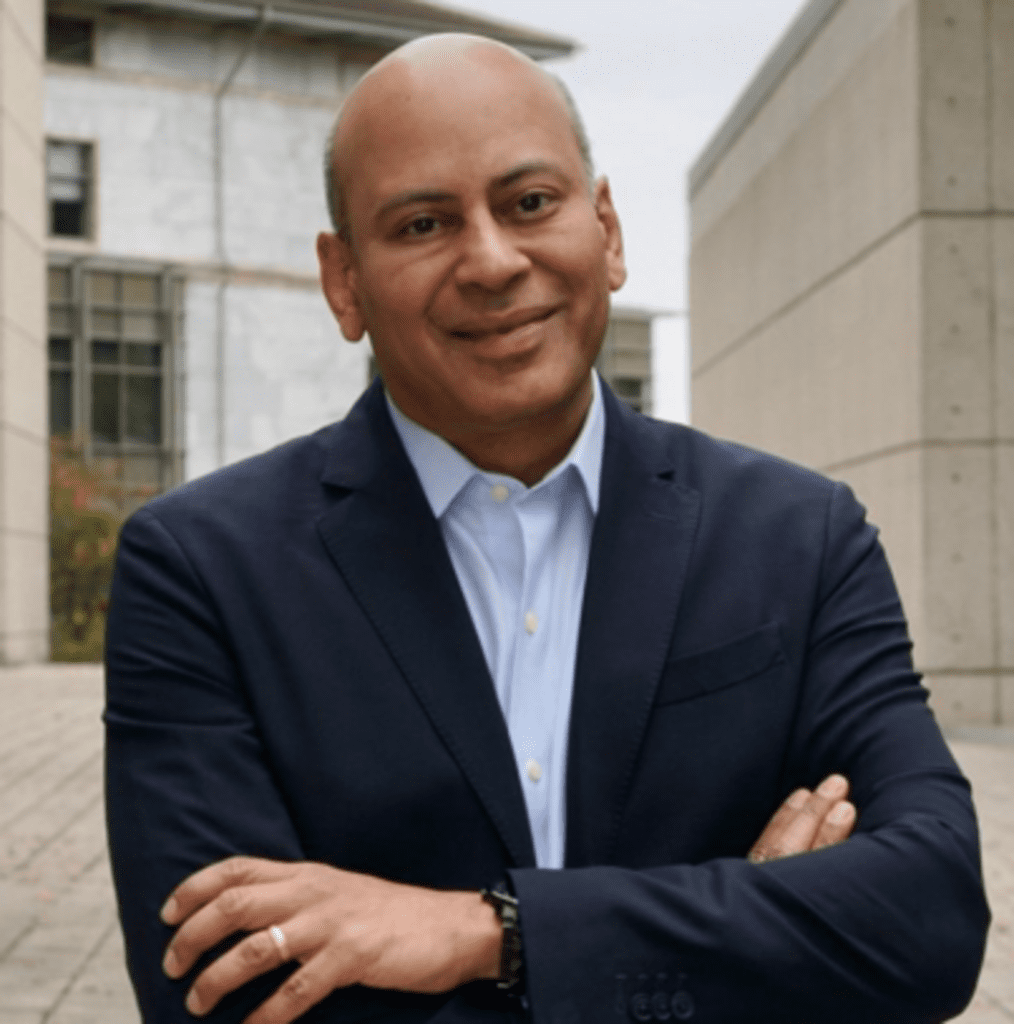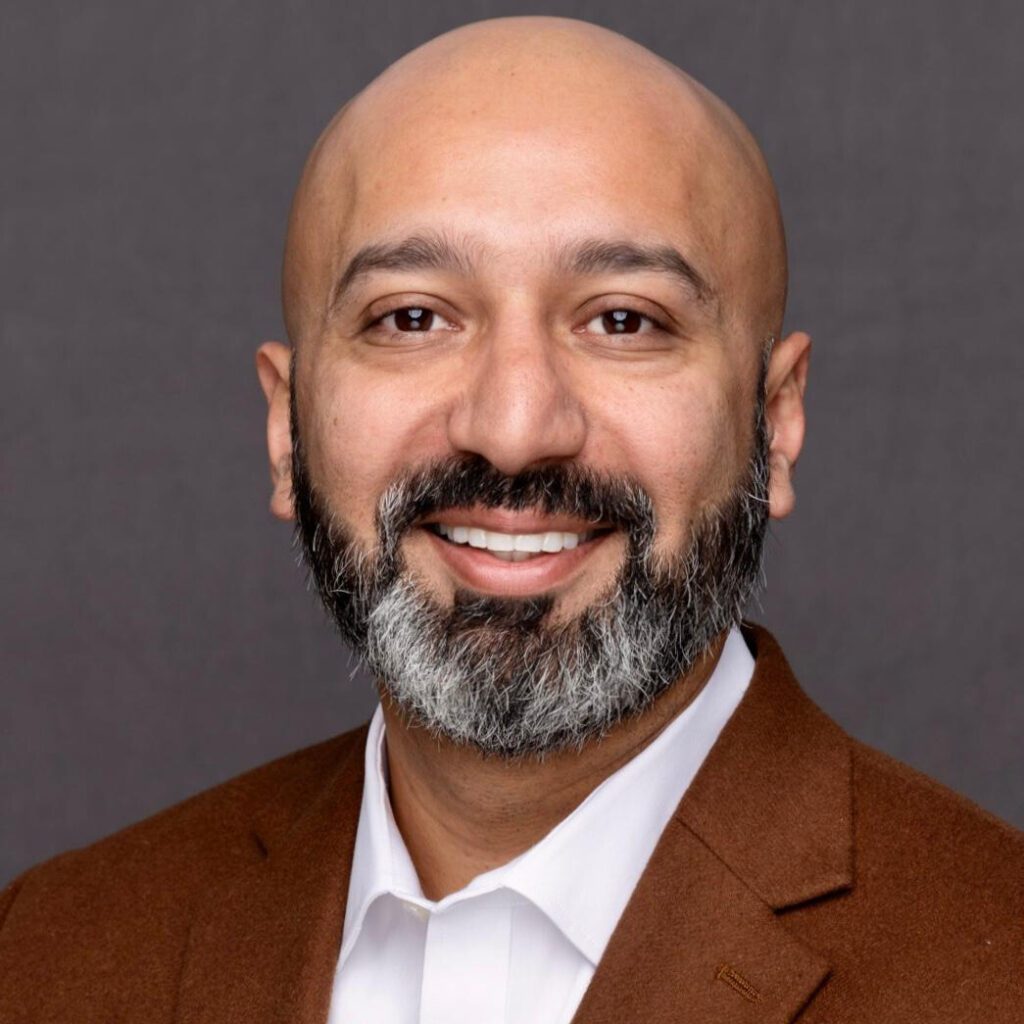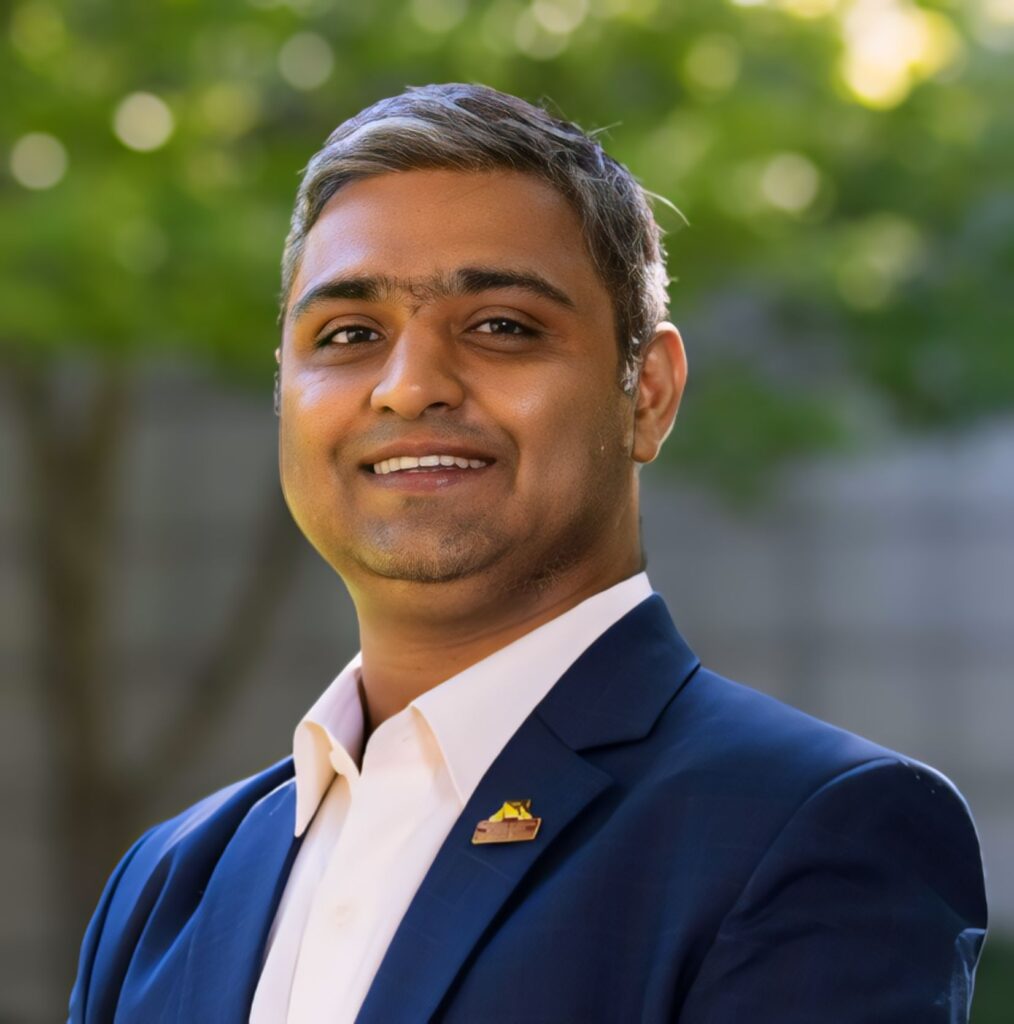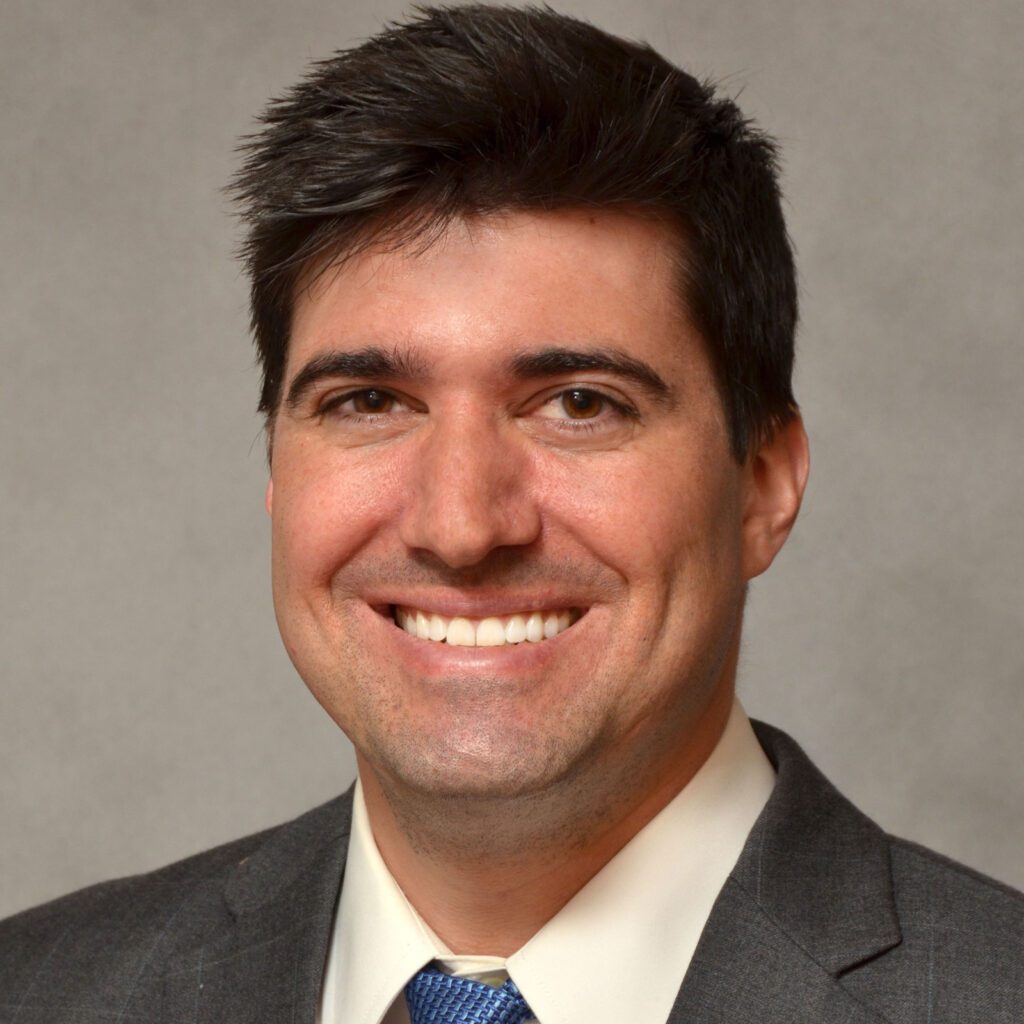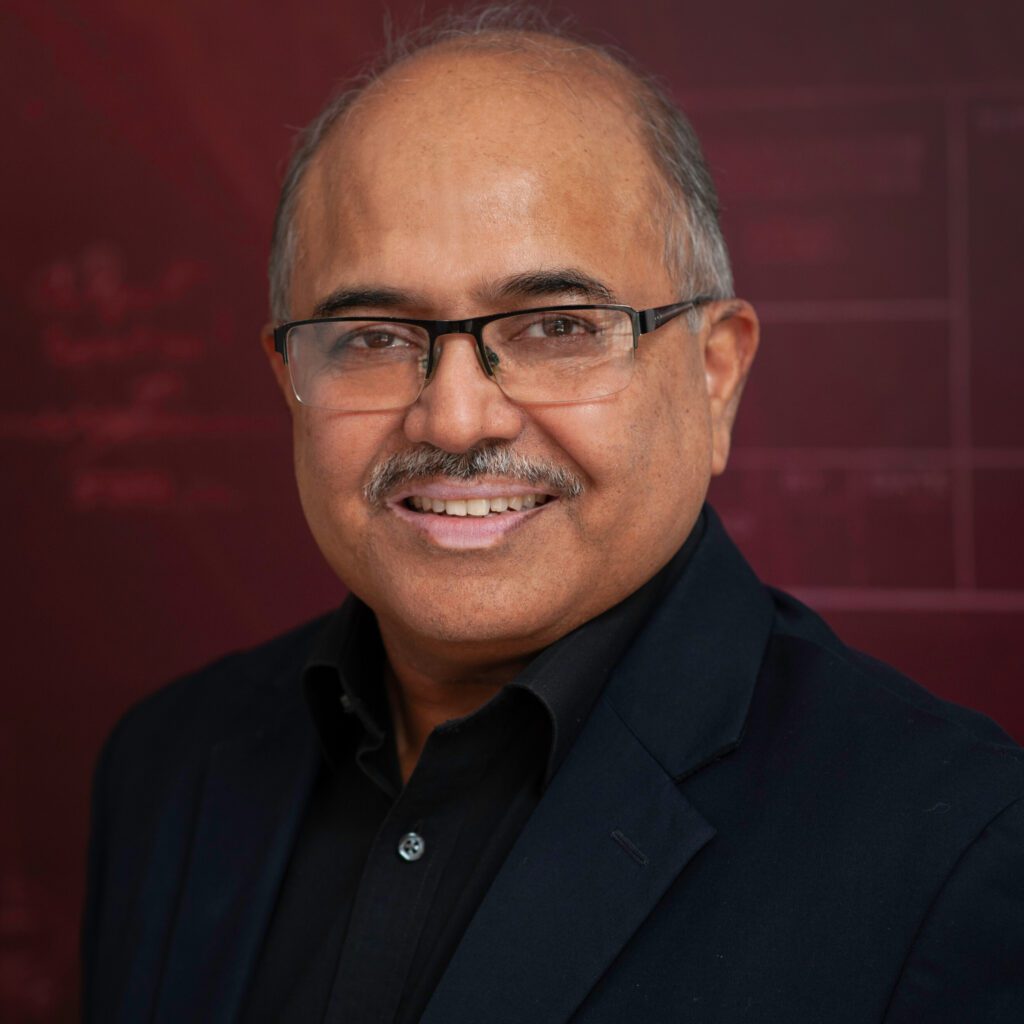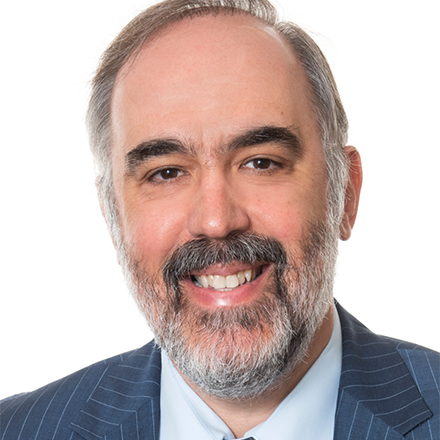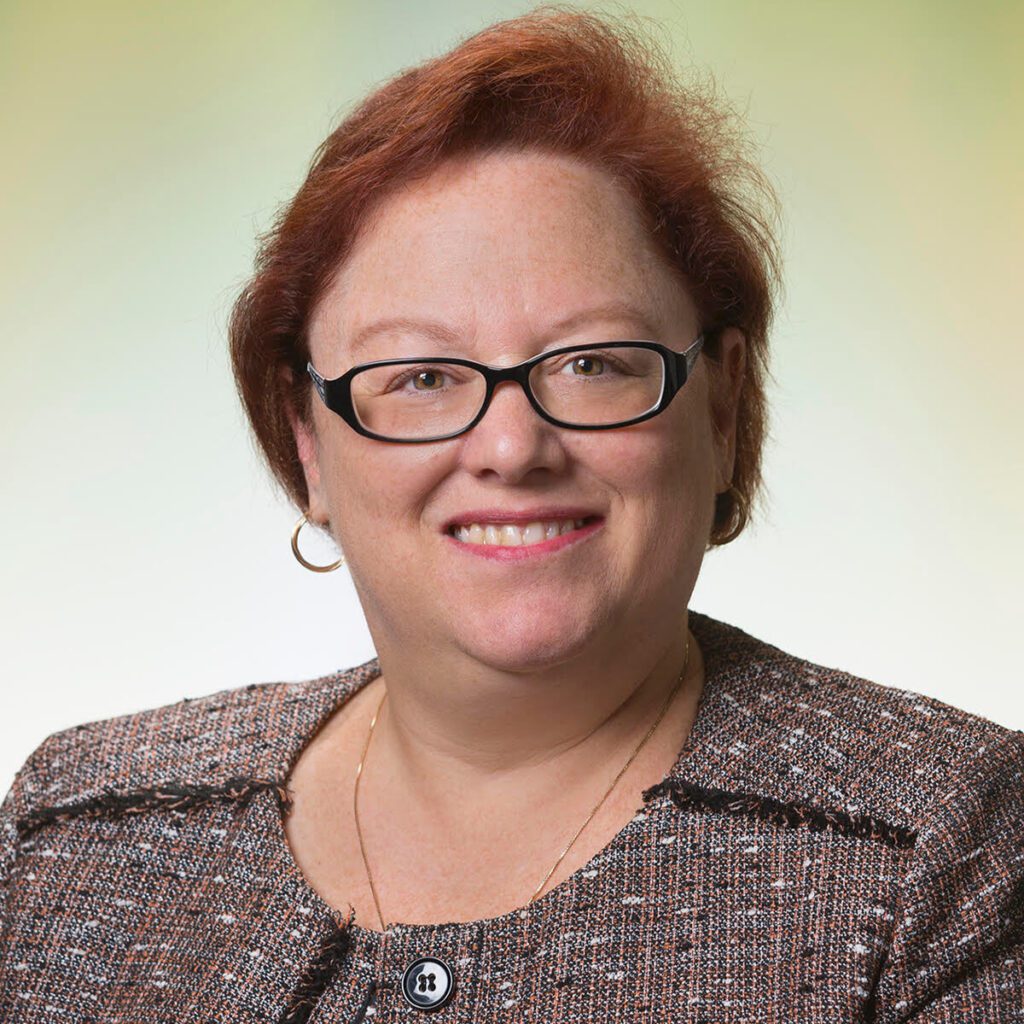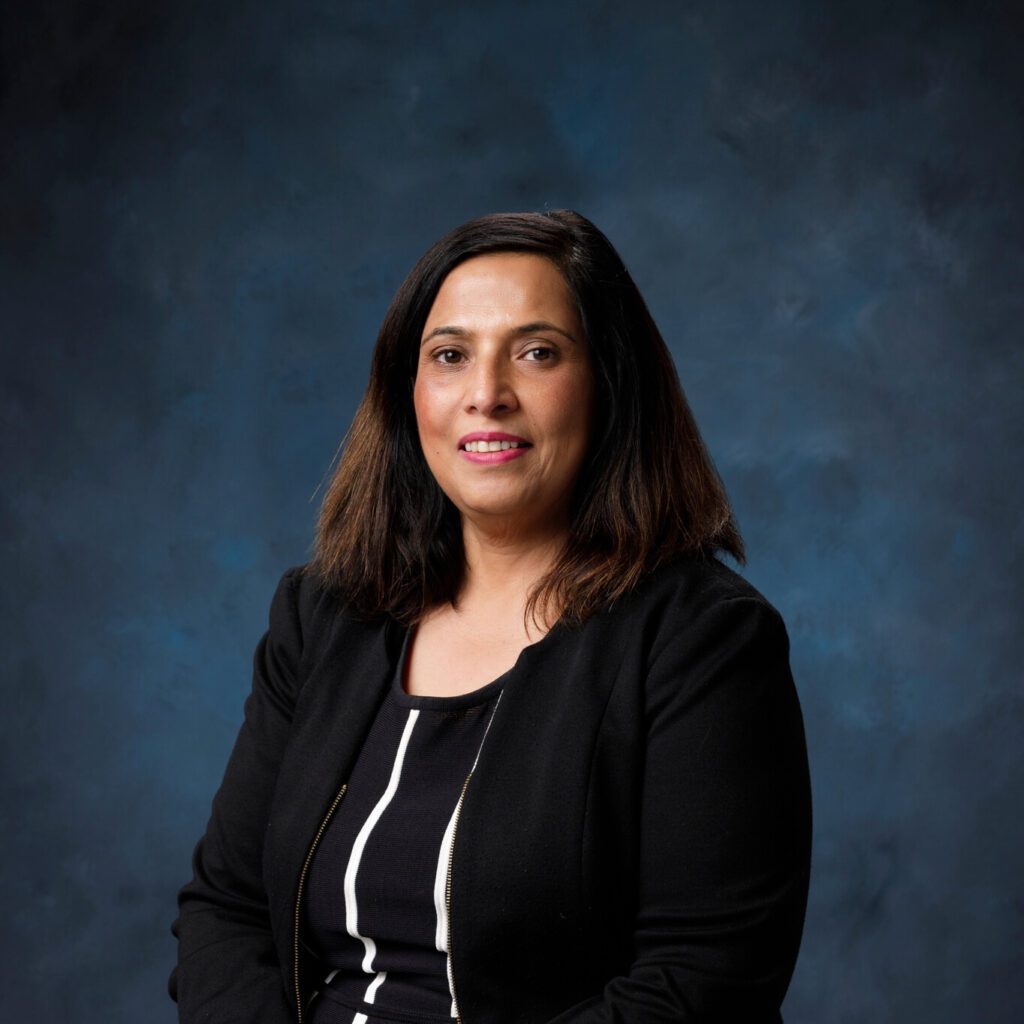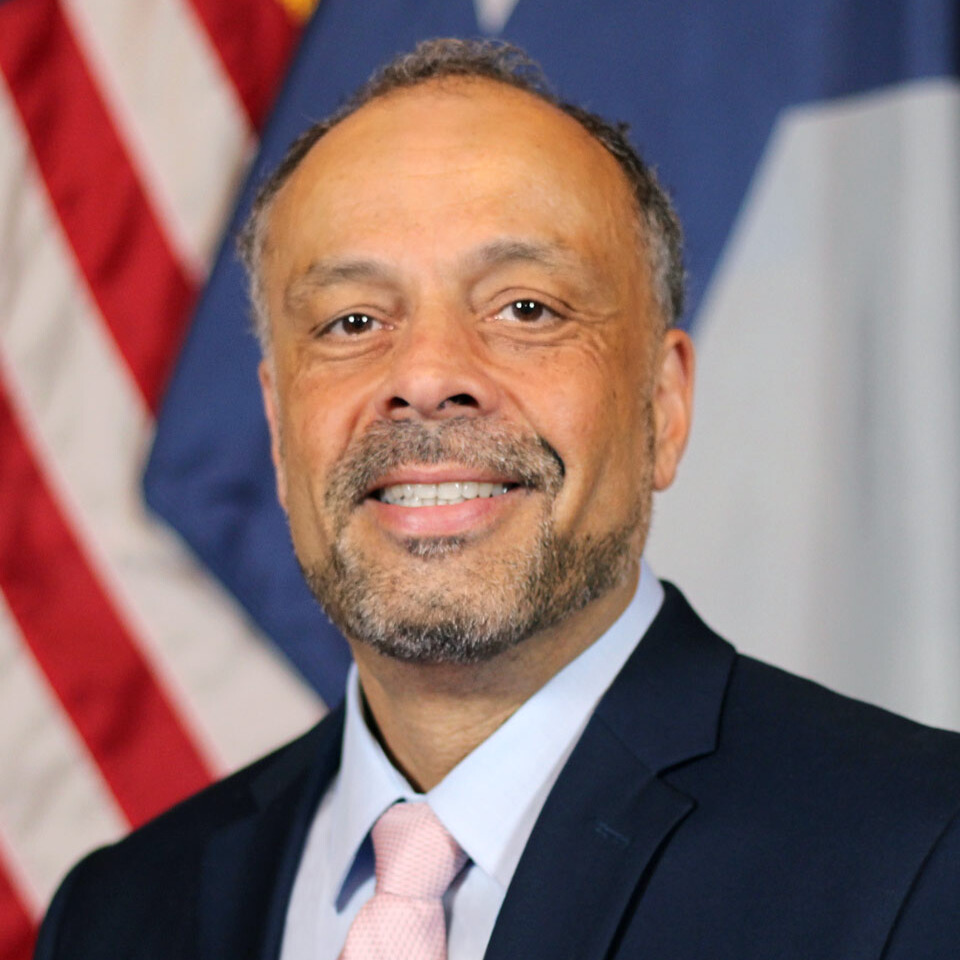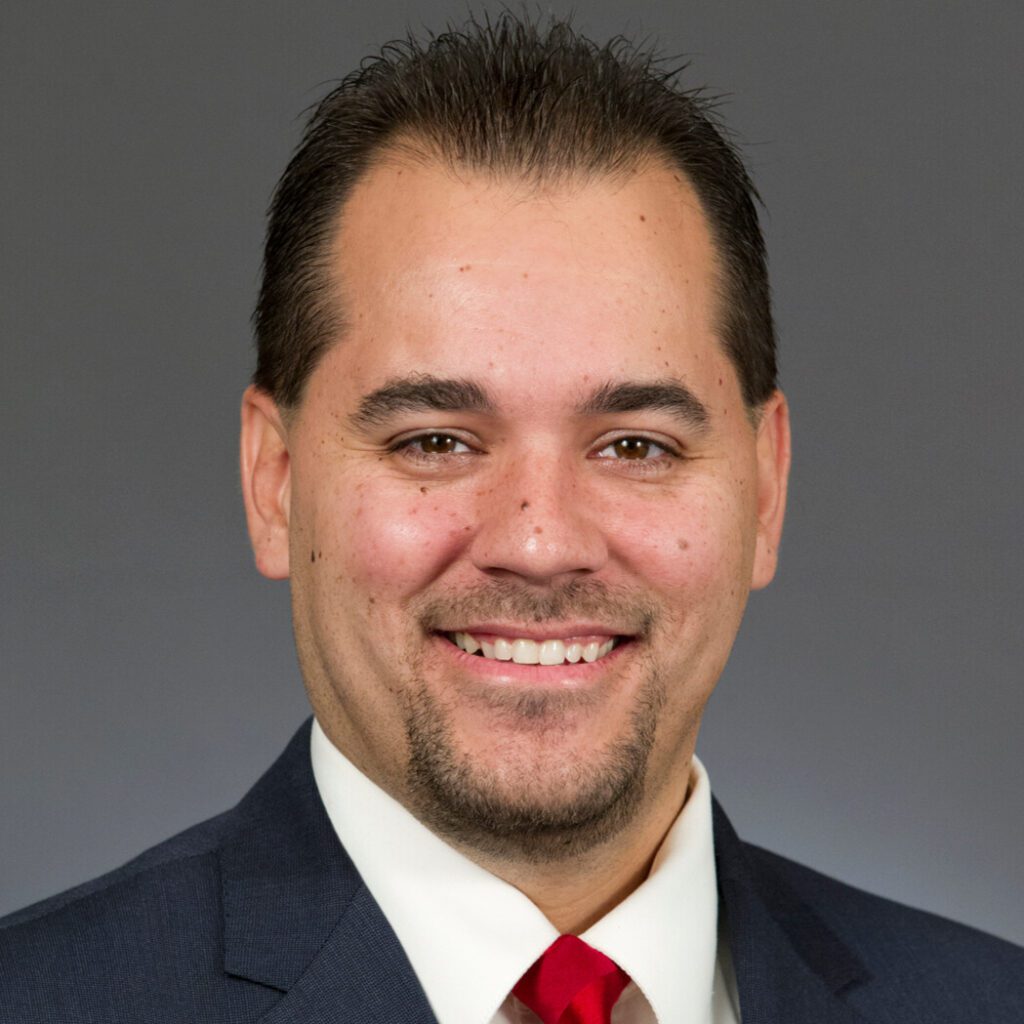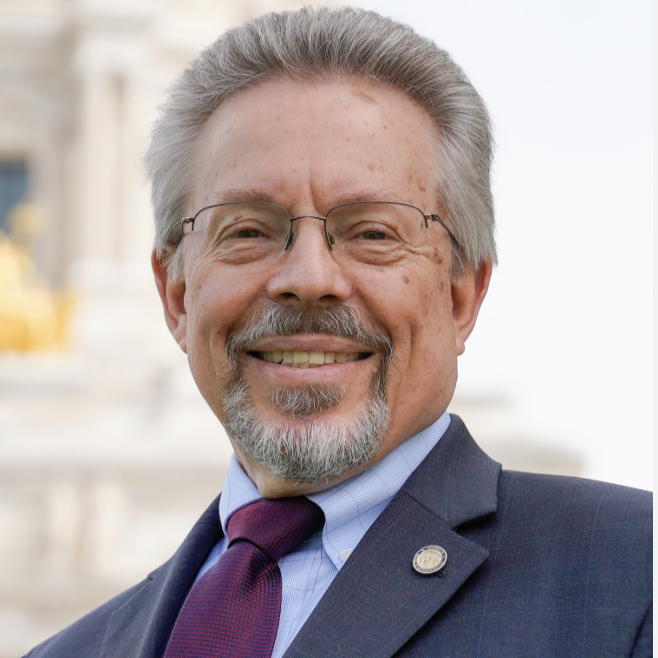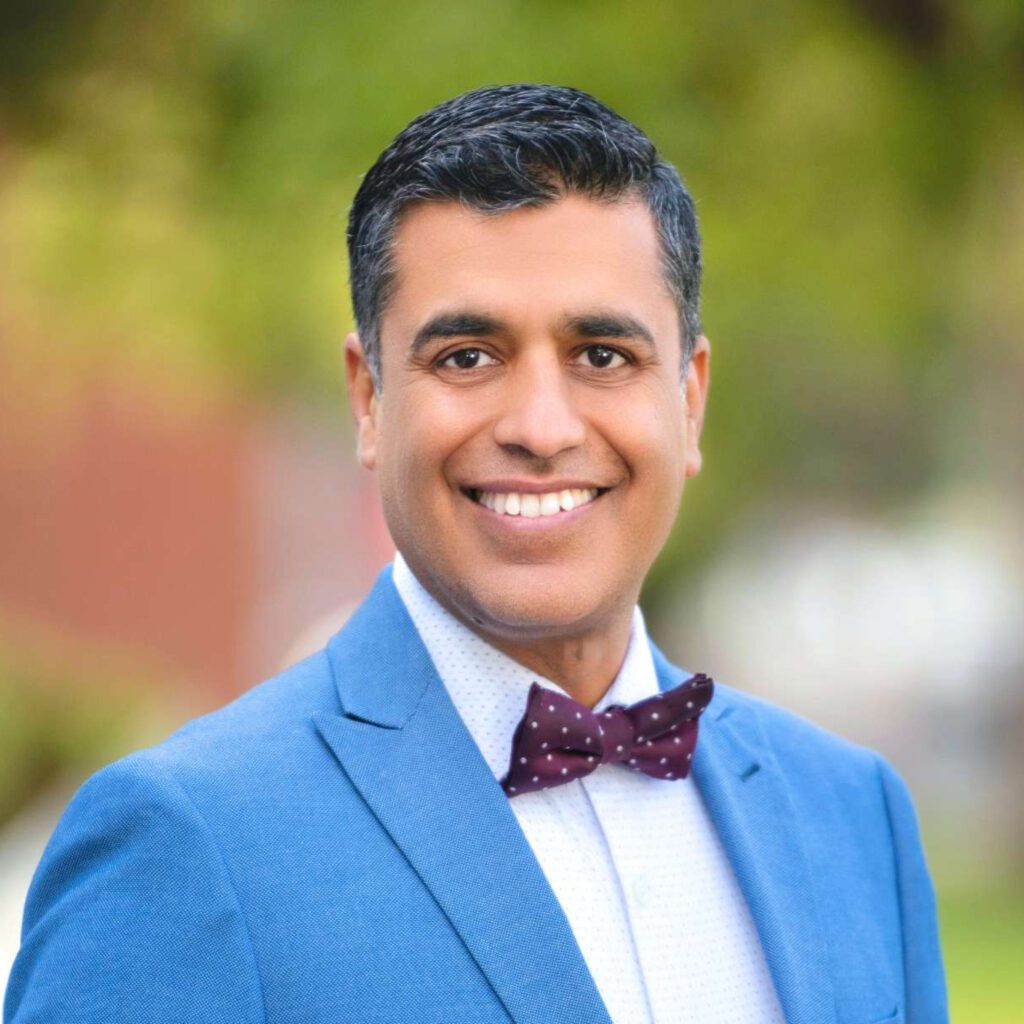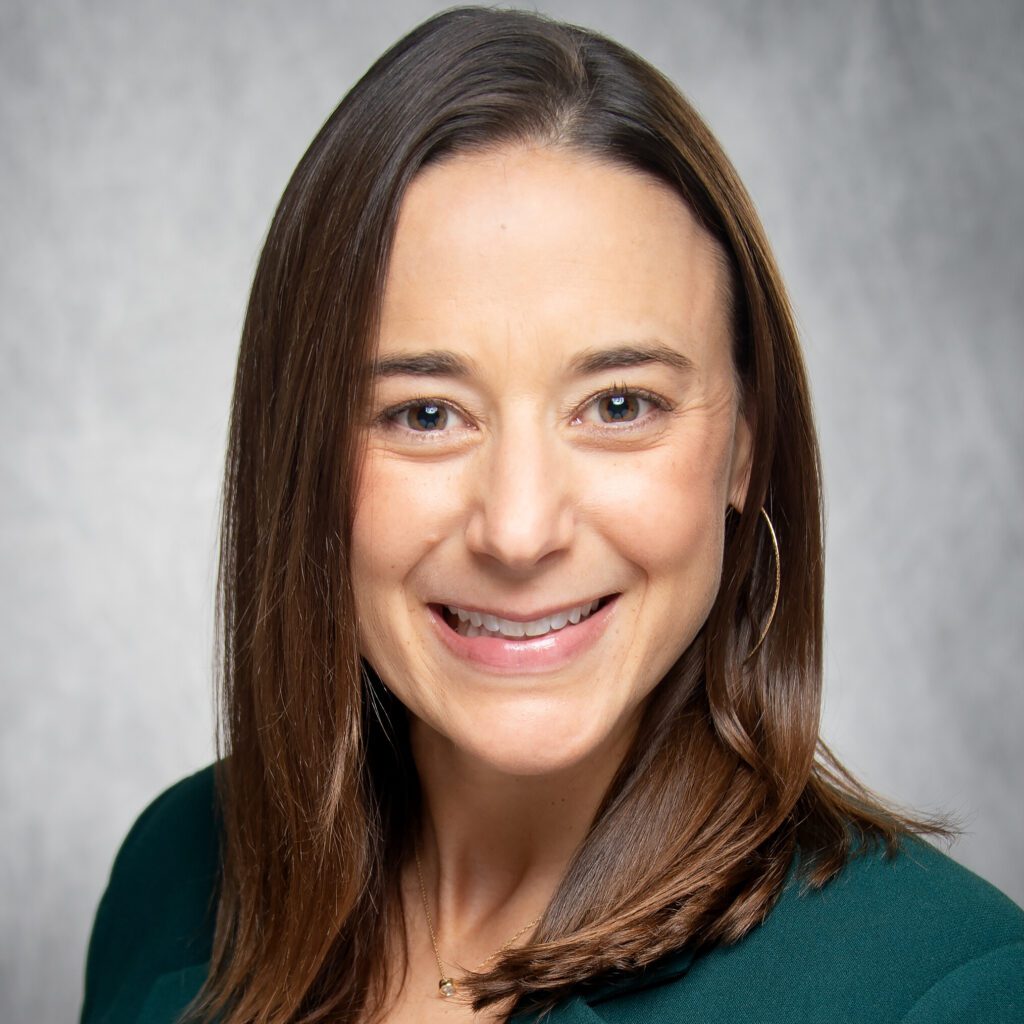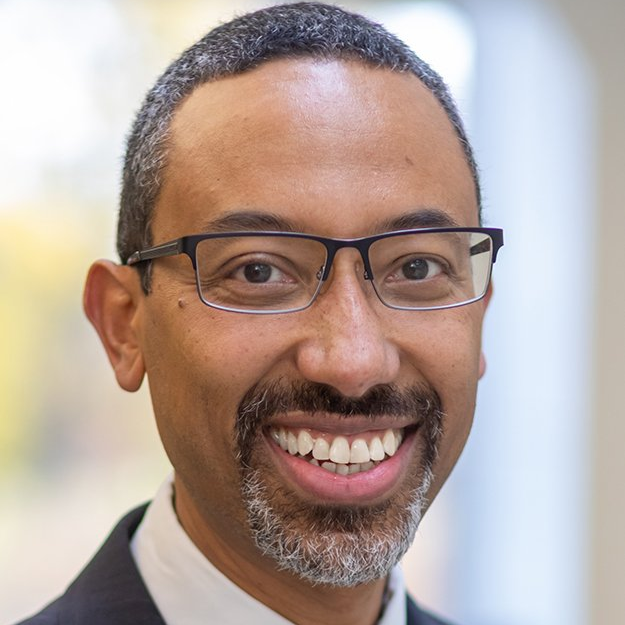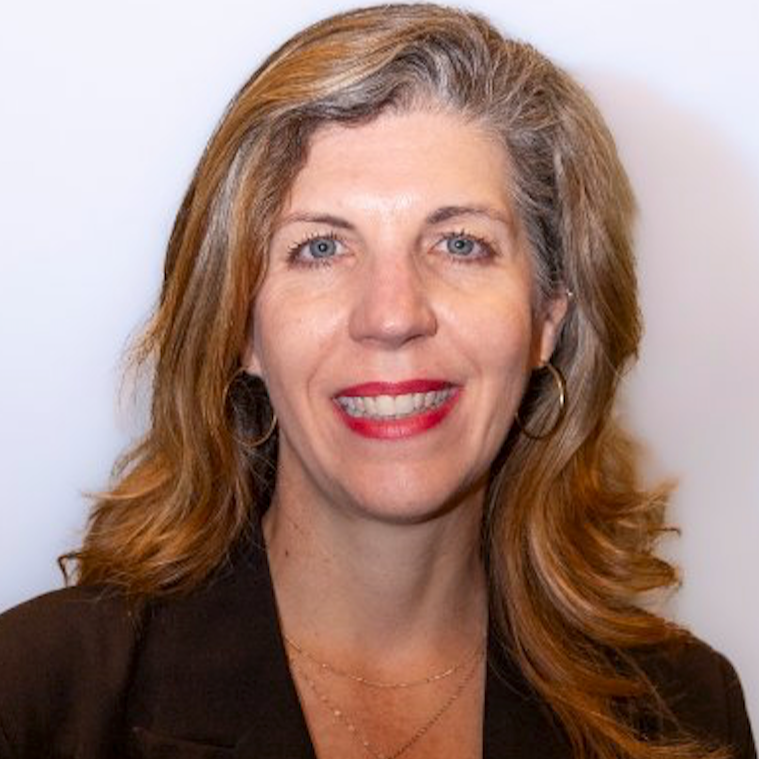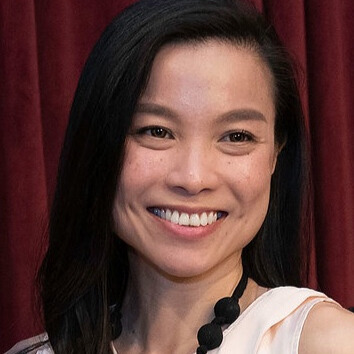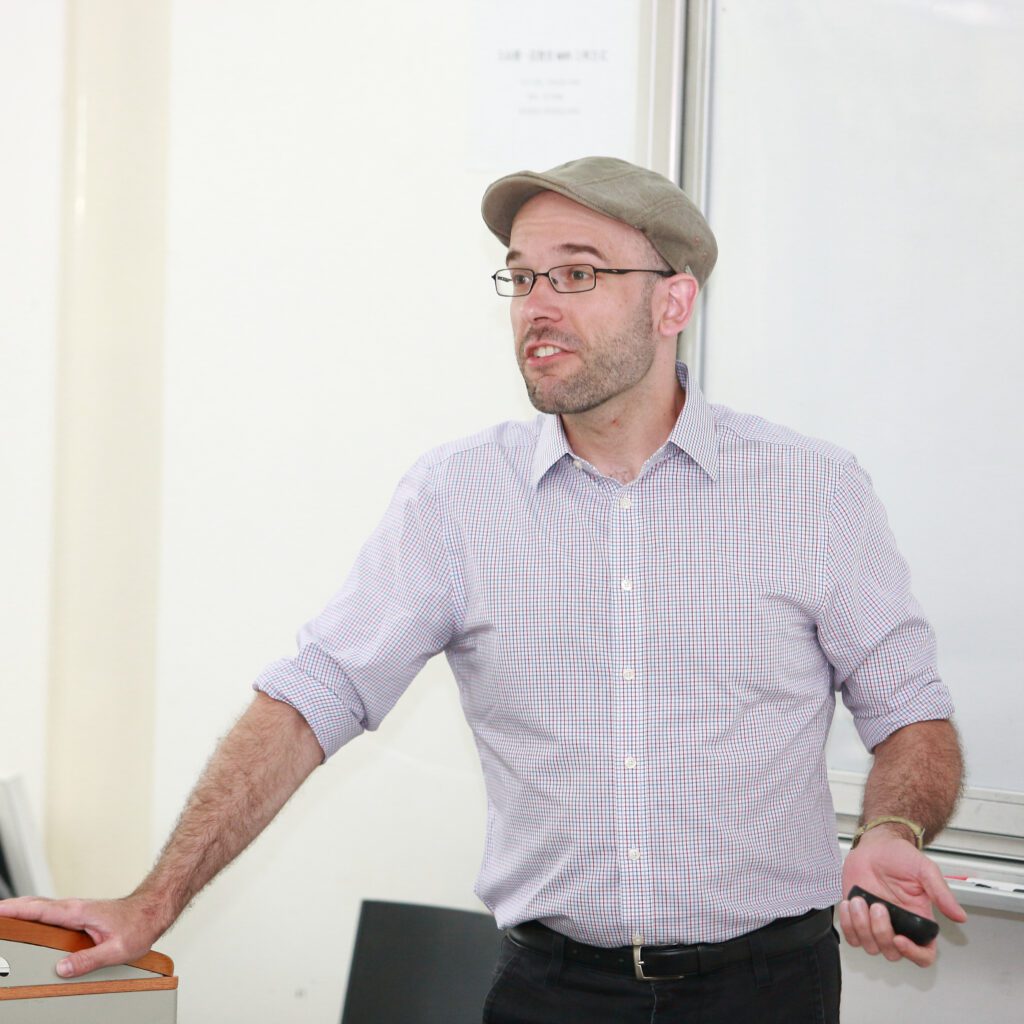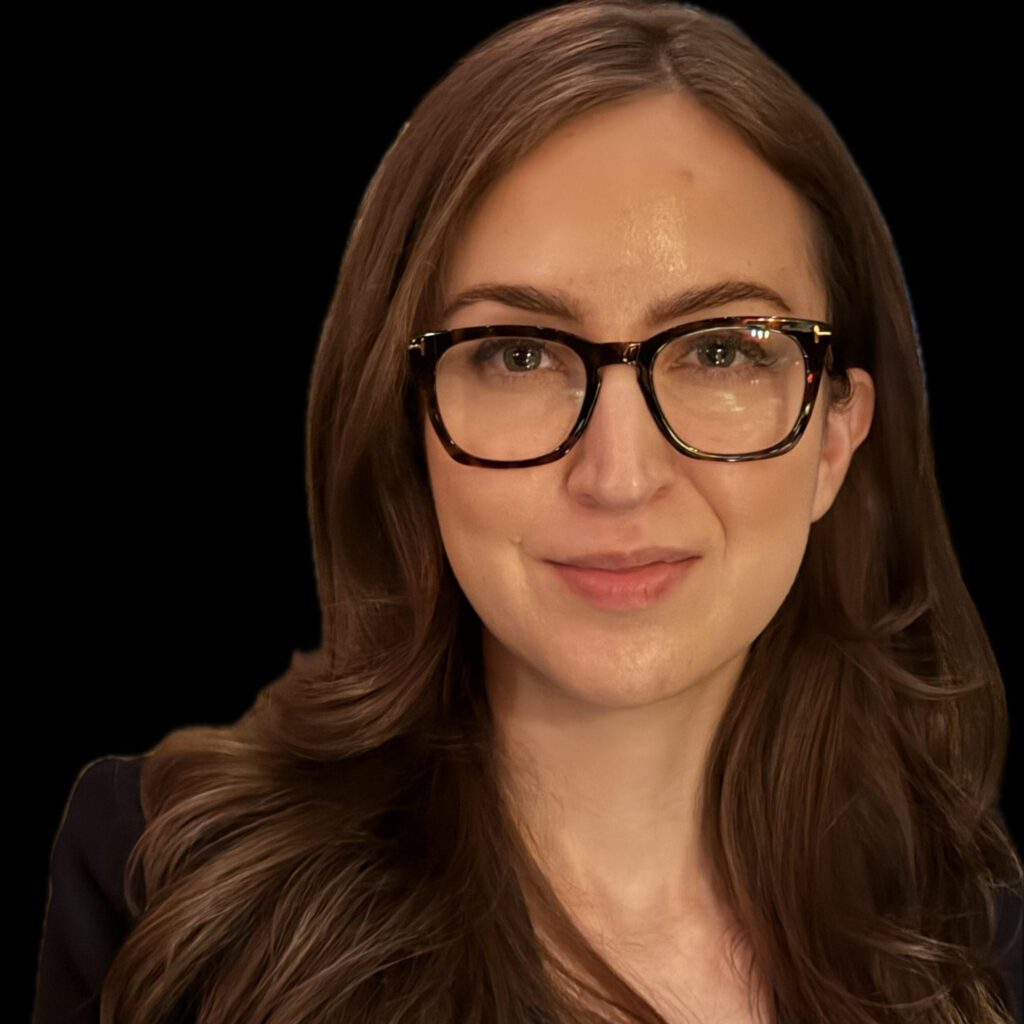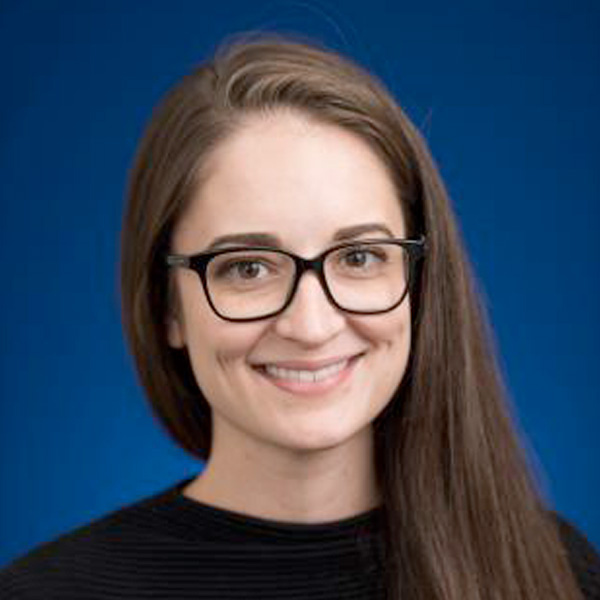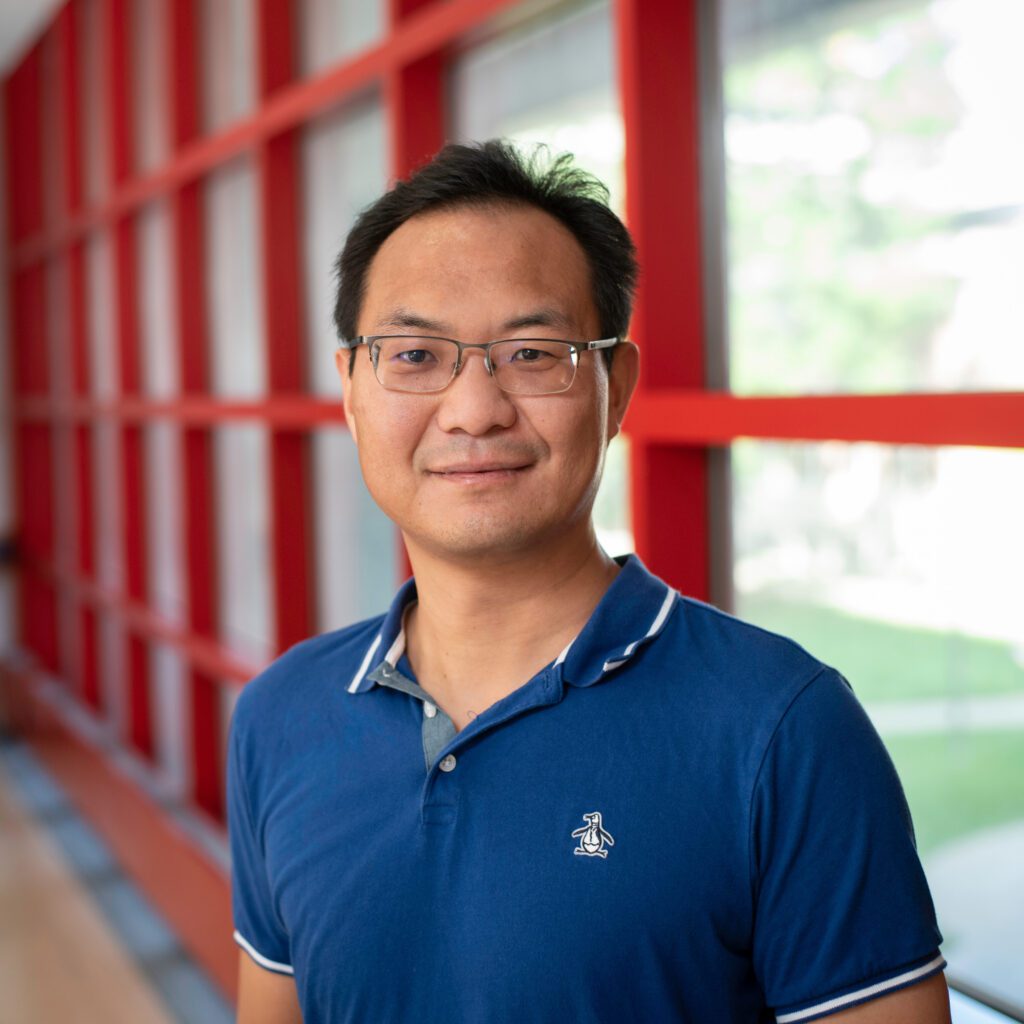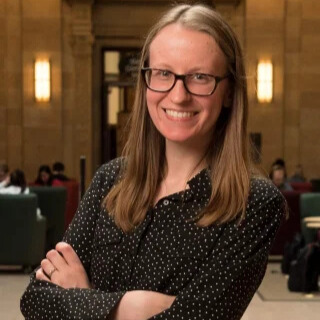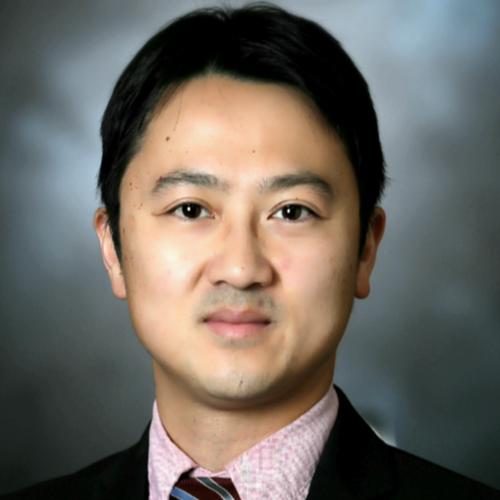Program
- Home
- Program
Join us for two premier events on innovation in healthcare AI and data science:
🔹 Health AI Summit (HAI)
🔹 AI Spring Research Workshop (DSI)
These summits bring together experts, researchers, and industry leaders to explore groundbreaking advancements. The program features insightful talks, expert-led sessions, and interactive discussions, fostering collaboration and knowledge exchange. Stay tuned for the full agenda and event updates.
HEALTHCARE AI SUMMIT PROGRAM
DAY 1
June 10, 2025
Check-in & Breakfast
8:30 AM - 9:00 AM CT
- Atrium
Meet fellow attendees over breakfast and connect with AI innovators, healthcare leaders, and policymakers.
Fireside Chat – Reimagining Rural Healthcare
9:20 AM – 10:05 AM CT
- Auditorium

Fireside Chat – Reimagining Rural Healthcare: AI, Innovation, and Access
In this fireside chat, Bill Gassen shares insights on how Sanford Health, one of the nation’s largest rural health systems, is leveraging AI, virtual care, and clinical innovation to transform healthcare delivery across rural America. The conversation explores how technology expands access to care, improves patient outcomes, and supports the healthcare workforce, while highlighting strategic partnerships, cutting-edge research, and responsible AI adoption for sustainable rural health models.
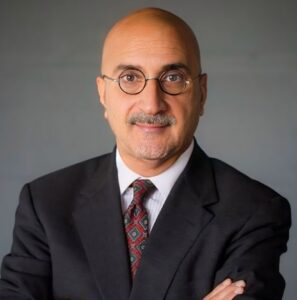
Moderator
Fireside Chat – Reimagining Rural Healthcare: AI, Innovation, and Access
In this fireside chat, Bill Gassen shares insights on how Sanford Health, one of the nation’s largest rural health systems, is leveraging AI, virtual care, and clinical innovation to transform healthcare delivery across rural America. The conversation explores how technology expands access to care, improves patient outcomes, and supports the healthcare workforce, while highlighting strategic partnerships, cutting-edge research, and responsible AI adoption for sustainable rural health models.
Coffee Break
10:05 AM – 10:20 AM CT
- Atrium
Panel: Startups at the Frontlines of Health AI Innovation
10:20 AM – 11:30 AM CT
- Atrium
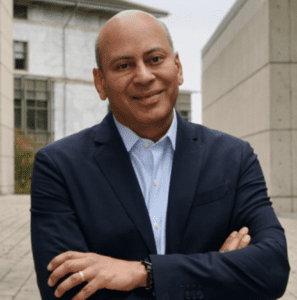
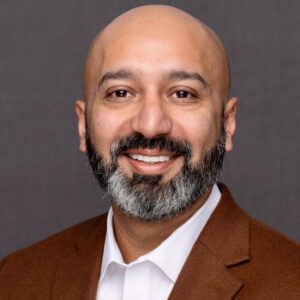

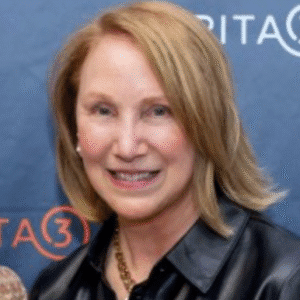
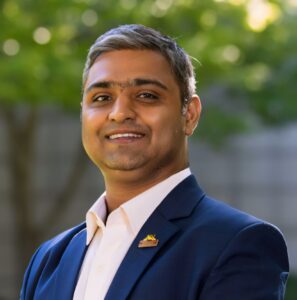
Moderator
Startups at the Frontlines of Health AI Innovation
The intersection of AI and healthcare is fostering a wave of early-stage innovation. This panel explores the landscape of Health AI startups, focusing on funding and investment opportunities, market adoption challenges, and strategies for scaling impact. Discussion themes include venture capital and partnerships, navigating clinical workflow integration, and real-world examples of startups driving value in patient care, diagnostics, drug discovery, and operational efficiency.
Panel: Emerging AI Technologies in Healthcare Context
11:30 AM – 12:40 PM CT
- Auditorium

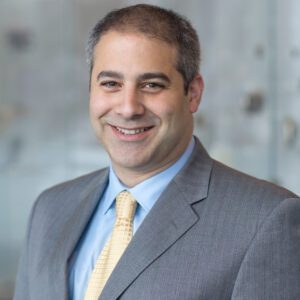


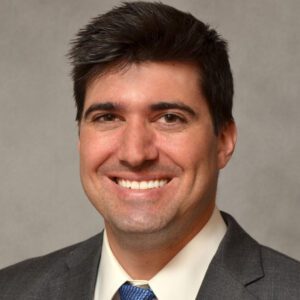

Moderator
Emerging AI Technologies in Healthcare Context: Opportunities and Challenges
AI’s rapid adoption in healthcare raises critical ethical and regulatory questions. This session examines frameworks for ethical AI development, navigating global and regional regulations (e.g., FDA’s AI/ML framework), and addressing challenges like patient privacy, bias, and accountability. Our experts share actionable strategies for responsible AI adoption to ensure trust and compliance.
Lunch
12:40 PM – 1:55 PM CT
- Atrium & Forum
Welcome
1:55 PM – 2:40 PM
- Auditorium

Senator Amy Kloubachar
The Future of AI in Healthcare – From Innovation to Implementation
Speaker Talk: Responsible AI in Health: From Technical Rigor to Trust and Adoption
1:55 PM – 2:15 PM CT
- Auditorium
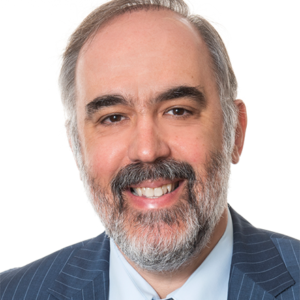
The Future of AI in Healthcare – From Innovation to Implementation
Panel: catalyzing MINNESOTA VC ecosystem
2:15 PM – 2:40 PM CT
- Auditorium



Moderator
Catalyzing Health AI Innovation: How Minnesota’s VC Ecosystem Can Lead the Future of Healthcare
Minnesota is home to some of the most powerful players in global healthcare—from Mayo Clinic and UnitedHealth Group to a dense cluster of over 800 medtech companies. Yet, to remain competitive in the rapidly evolving world of Health AI, the region must translate this institutional strength into a thriving startup and venture capital ecosystem.
This panel brings together leading voices from venture capital and ecosystem development to explore how Minnesota can become a national leader in Health AI innovation. Panelists will discuss investment trends, infrastructure gaps, and strategies to support high-growth AI startups. From access to capital and real-world data, to accelerating partnerships with health systems, this session will provide a roadmap for turning Minnesota’s healthcare legacy into its next-generation tech advantage.
Break
2:40 PM – 2:55 PM CT
- Atrium
Panel: AI for Clinical Decision
2:55 PM – 4:05 PM CT
- Auditorium
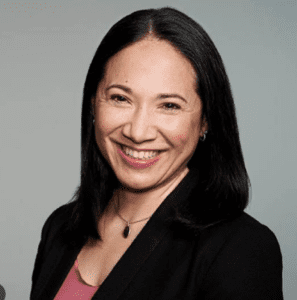

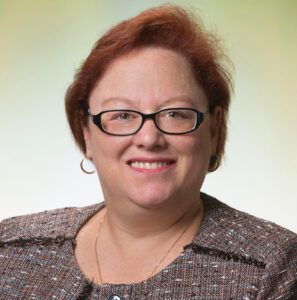
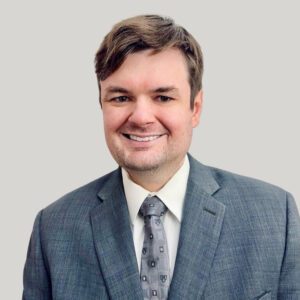
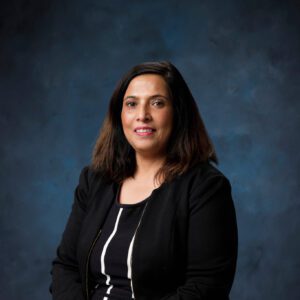
Moderator
AI for Clinical Care Delivery to Reduce Clinician Cognitive Burden
AI is transforming clinical decision-making by improving diagnostic accuracy, reducing variability, and enabling personalized care. This session explores AI’s role in radiology, pathology, and predictive analytics, alongside strategies for seamless integration into clinical workflows. The panel addresses clinician resistance, trust in AI systems, and generative AI use cases driving efficiency and productivity
Coffee Break
4:05 PM – 4:20 PM CT
- Atrium
Keynote: Advancing Health IT Policy with AI
4:20 PM – 5:05 PM CT
- Auditorium
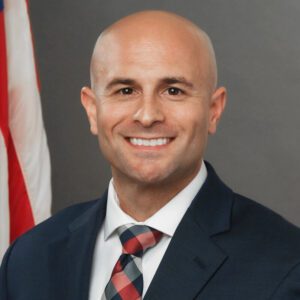
Advancing Health IT Policy with AI
Steve Posnack discusses the federal perspective on integrating AI into health IT policy, focusing on advancing innovation, ensuring interoperability, and addressing ethical considerations. The conversation highlights HHS’s role in shaping AI-driven healthcare transformation and fostering collaboration across sectors
Closing Remarks & Next Steps
5:05 PM CT
- Auditorium
Thank you for attending! Final thoughts and action items.

Dinner Reception & Networking
5:30 PM – 7:00 PM
- Atrium & Forum
Join us for refreshments and more networking opportunities.
DAY 2
June 11, 2025
Check-in & Breakfast
8:30 AM - 9:00 AM CT
- Atrium
Meet fellow attendees over breakfast and connect with AI innovators, healthcare leaders, and policymakers.
Panel: Bipartisan Health AI Policy
9:10 AM – 10:20 AM CT
- Auditorium
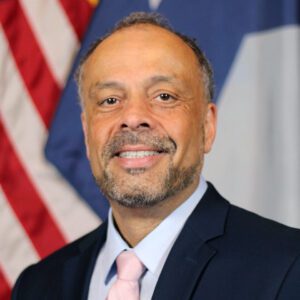
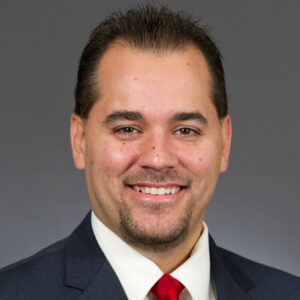
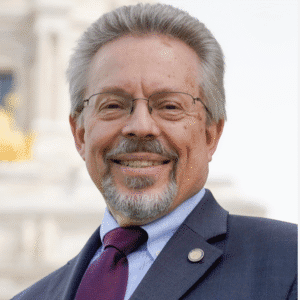


Moderator
Bipartisan Policy Panel – Forging a Bipartisan Path for Health AI
As AI reshapes healthcare, the U.S. must lead in setting global standards. This panel discusses bipartisan approaches to Health AI policy, aligning federal and state efforts, fostering innovation with ethical guardrails, and learning from past standardization efforts to create robust, forward-looking policies.
Coffee Break
10:20 AM – 10:35 AM CT
- Atrium
Speaker Talk: Future of human led AI powered Transformation
10:35 AM – 10:55 AM CT
- Auditorium
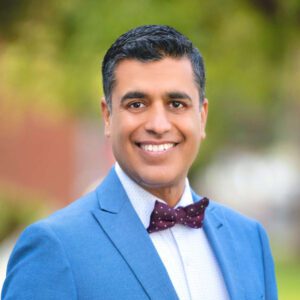
Future of human led AI powered Transformation
Traditional healthcare remains rooted in a “one-to-one” care model, contributing to widespread clinician shortages and a persistent productivity paradox that limits the system’s ability to fully leverage technological innovation. In this talk, Dr. Atreja will share real-world examples from the first wave of digital health along with insights from the current AI wave that is catalyzing a shift toward exponential “one-to-many” models of care—paving the way for a future of healthcare abundance.
Yet many organizations struggle to realize this potential due to the ongoing affordability crisis and a lack of clear pathways to measurable value. Dr. Atreja will present the AI Centers of Excellence Network model, which offers a practical roadmap and proven best practices to empower the healthcare workforce in leading a human-led, AI-powered transformation from within.
Speaker Talk: AI at an Inflection Point: Catalyzing a New Era of Discovery
10:55 AM – 11:20 AM CT
- Auditorium

AI at an Inflection Point: Catalyzing a New Era of Discovery
Artificial intelligence is entering a transformative new phase—driven by the convergence of massive data availability, breakthroughs in machine learning, and the exponential rise of computational power. This talk explores how these forces have propelled us to a historic inflection point, where AI is no longer just a tool for analysis, but a catalyst for accelerating discovery and reimagining entire fields. We will trace the arc from early data-driven models to today’s generative AI systems, and look ahead to what lies beyond.
Panel: Operational Efficiency & Resource Optimization
11:20 AM – 12:30 PM CT
- Auditorium





Moderator
AI for Operational Efficiency and Resource Optimization
Healthcare organizations face pressure to optimize resources and streamline operations. This panel explores AI applications in predictive scheduling, bed management, and supply chain efficiency, alongside real-world examples of reducing waste and managing high-demand periods. The discussion addresses challenges like staff retraining and balancing automation with human oversigh
Closing Remarks & Next Steps
12:30 PM – 12:40 PM CT
- Auditorium
Thank you for attending! Final thoughts and action items.

Networking Lunch
12:40 PM – 2:40 PM CT
- Atrium & Forum
Join us for refreshments and more networking opportunities.
AI SPRING RESEARCH WORKSHOP PROGRAM
DAY 1
June 11, 2025
Welcome
2:40 PM – 2:50 PM CT
- Auditorium
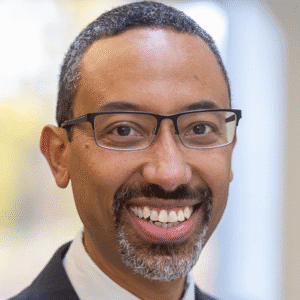
Andrew Alleyne
Dean and Professor
University of Minnesota College of Science and Engineering
The Future of AI in Healthcare – From Innovation to Implementation
The News We Make or the News We Lose: Why Journalism Needs Its Own LLM
2:50 PM – 3:50 PM CT
- Auditorium
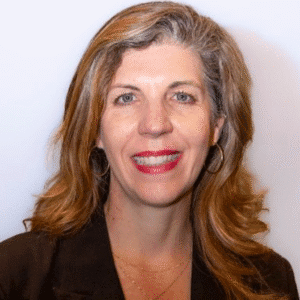

Session Chair
The News We Make or the News We Lose: Why Journalism Needs Its Own LLM
The journalism industry is facing a decisive moment. As generative AI and large language models (LLMs) become entrenched in every facet of information production, newsrooms stand at a crossroads: either build systems that serve the public interest—or remain dependent on commercial platforms that do not. This keynote outlines the case for a journalism-specific LLM: a model trained on licensed, representative news data, designed to support—not replace—journalistic work. Drawing on a blueprint developed in collaboration with technologists, journalists, and researchers, I will explain how such a model could be built, funded, governed, and maintained. I’ll also highlight what’s at stake if we don’t act—loss of editorial independence, diminished transparency, and erosion of public trust. By asserting control over the data and architecture of AI tools, journalism can reclaim its technological agency and deliver better outcomes for newsrooms and the public.
Coffee Break
3:50 PM – 4:20 PM CT
- Atrium
Talk: AI and Democratic Values Index
4:20 PM – 5:00 PM CT
- Auditorium

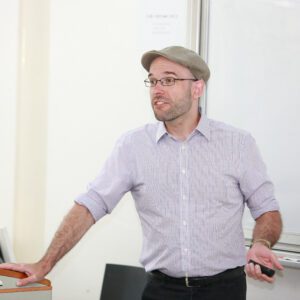
Session Chair
Talk: AI and Democratic Values Index
The AI and Democratic Values Index is a comprehensive review of AI policies and practices worldwide. Produced by the Research Group of the Center for AI and Digital Policy, the report provides a comparative analysis of national approaches to AI governance, tracks progress, and identifies emerging trends. Now in its fifth edition, the 2025 report evaluates more than 80 countries using a rigorous methodology and 12 metrics designed to assess alignment with democratic values.
Talk: Understanding Privacy and AI Governance: Challenges and Recent Developments
5:00 PM – 5:40 PM CT
- Auditorium


Session Chair
Understanding Privacy and AI Governance: Challenges and Recent Developments
As artificial intelligence systems become increasingly embedded in daily life, their impact on privacy has emerged as a central challenge. This talk explores the evolving landscape of AI regulation, data protection, and ethical accountability. While AI development and deployment is often in tension traditional privacy principles such as data minimization and transparency, recent global policy developments are beginning to tackle these tradeoffs. The session aims to deepen understanding of the intersection between AI and privacy and offer insights for researchers, policymakers, and practitioners working to develop responsible and transparent AI systems.
DAY 2
June 12, 2025
Check-in & Breakfast
8:30 AM - 9:00 AM CT
- Atrium
Meet fellow attendees over breakfast and connect with AI innovators, healthcare leaders, and policymakers.
Welcome

9:00 AM – 9:10 AM CT
- Auditorium
Navigating AI: Opportunities, Risks, and Practical Applications for News
9:10 AM – 10:10 AM CT
- Auditorium

Hannah Poferl
Assistant Managing Editor, Chief Data Officer, and Head of Audience
The New York Times
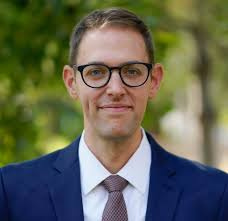
Benjamin Toff
Director of the Minnesota Journalism Center; Associate Professor, Hubbard School of Journalism and Mass Communication
Session Chair
Navigating AI: Opportunities, Risks, and Practical Applications for News
AI is poised to dramatically reshape the news ecosystem and news gathering, and in many ways, this transformation has already begun. The New York Times has developed guiding principles to thoughtfully navigate the opportunities AI presents while safeguarding editorial integrity and reader trust. In this keynote, Hannah Poferl will share practical examples of how The Times is actively leveraging AI for news gathering, explore emerging trends in how AI is reshaping consumer behavior and expectations around news, and highlight immediate threats posed by AI-powered consumer applications to the discovery of credible news sources.
Coffee Break
10:10 AM – 10:40 AM CT
- Atrium
Talk: AI in Healthcare: Pursuing Patient-Centered Care in the Context of a Digital Divide
10:40 AM – 11:20 AM CT
- Auditorium


Ju Sun
Assistant Professor, Department of Computer Science & Engineering
UMN College of Science and Engineering
Session Chair
The AI landscape in US healthcare: Use, Evaluation, and Governance
How are hospitals using, evaluating, and governing AI across the US? What are the implications for care delivery and patient experience? Leveraging national quantitative data and qualitative insights, this talk provides a national overview of how AI is shaping healthcare delivery. It includes ethical and patient-centered considerations including the implications for patient trust.
Talk: AI Governance in Practice: Qualitative Observations of One Law Firm Partner
11:20 AM – 12:00 PM CT
- Auditorium


Ju Sun
Assistant Professor, Department of Computer Science & Engineering
UMN College of Science and Engineering
Session Chair
AI Governance in Practice: Qualitative Observations of One Law Firm Partner
Steve Helland advises clients across industries in their development of AI policies, procedures and strategy. He also contributes to a working group at his own firm in review of AI tools for lawyers. In this session, Steve will comment on specific street-level trends, issues, challenges and observations from this work.
Networking Lunch
12:00 PM – 1:30 PM CT
- Atrium & Forum
Join us for refreshments and more networking opportunities.
Panel: Governance with Community Data
1:30 PM – 2:50 PM CT
- Auditorium

Moderator
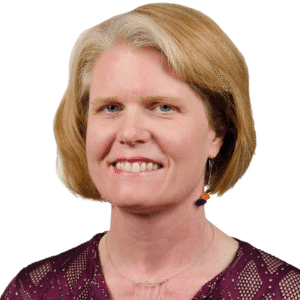
Coffee Break
2:50 PM – 3:20 PM CT
- Atrium
Talk: Minnesota-Based Provider of HPC/AI Solutions and Nvidia’s Three-Computer Strategy for MedTech
3:20 PM – 4:00 PM CT
- Auditorium
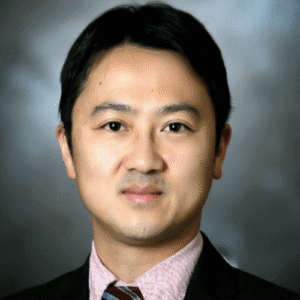
Rui Zhang
Professor and Chief
Division of Computational Health Sciences, University of Minnesota Medical School
Session Chair
Understanding Privacy and AI Governance: Challenges and Recent Developments
As artificial intelligence systems become increasingly embedded in daily life, their impact on privacy has emerged as a central challenge. This talk explores the evolving landscape of AI regulation, data protection, and ethical accountability. While AI development and deployment is often in tension traditional privacy principles such as data minimization and transparency, recent global policy developments are beginning to tackle these tradeoffs. The session aims to deepen understanding of the intersection between AI and privacy and offer insights for researchers, policymakers, and practitioners working to develop responsible and transparent AI systems.

Minnesota-Based Provider of HPC/AI Solutions
Nor-Tech builds and integrates turnkey high-performance computing (HPC) and artificial intelligence (AI) solutions to meet the most demanding workloads; from one-off solutions to technology for entire organizations. Nor-Tech is an NVIDIA Elite Partner, serving universities all around the country.

The Future of Medical Devices: SW-defined, AI-enabled and Robotic
The medical device industry stands at the precipice of unprecedented innovation, driven by transformative advances in artificial intelligence and accelerated computing. NVIDIA, as a global leader in AI technology, is uniquely positioned to empower medical device companies to develop smarter, safer, and more personalized healthcare solutions. In this talk, we’ll explore the future of medical devices through the lens of AI, examining how NVIDIA’s strategic investments in hardware, software, and ecosystem partnerships are enabling R&D teams to rapidly translate breakthroughs from R&D to commercially available solutions. Learn how AI-powered technologies such as digital twins, real-time imaging analytics, and predictive device intelligence will shape the next generation of medical innovations
Closing Remarks & Next Steps
4:00 PM CT
- Auditorium
Thank you for attending! Final thoughts and action items.


